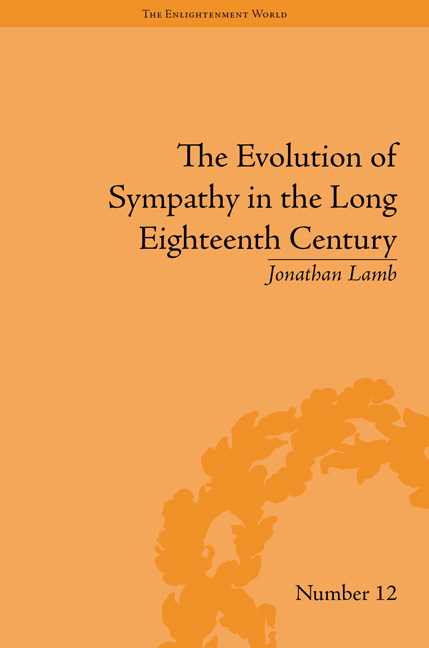5 - Sympathy for the Dead
Summary
But cursed are dullards whom no cannon stuns,
That they should be as stones.
Wretched are they, and mean
With paucity that never was simplicity.
By choice they made themselves immune
To pity and whatever moans in man
Before the last sea and the hapless stars;
Whatever mourns when many leave these shores;
Whatever shares
The eternal reciprocity of tears.
Sympathy is generally considered in terms of space rather than time: two individuals occupying a portion of the same ground are able to beam their emotions at each other, and share them. This space, as we have seen, is most easily figured as a theatre or a scaffold, with a performer in general view and spectators who respond as single persons to the conduct of the person suffering, or seeming to suffer, in front of them. But what if the theatre or the square were to be exchanged for an event in the past, with the lapse of time made to substitute for the arena, and a historical narrative to take the place of a tableau? Passions that were transfused as Mandeville points out by the immediacy of sight, sound or touch, the object striking directly on the sensorium, would now require some other medium to bring it close: language, costume, mimic scenes or music. The weakness of tragedy compared with an actual execution is owing, in Burke's opinion, to the feebler power of representation when set against the pressure of the thing itself, which ensures the inevitable ‘triumph of the real sympathy’. The only form of representation he allows into his canon is the sublime in its Longinian, Hebrew and Miltonic modes, all three capable of enacting the tumult or murk of the original by figures so daring they seem to affect the senses like the very objects themselves. Longinus praises Homer for change of persons, when in the description of Hector urging his men to attack the Greek ships the narrative moves suddenly from the third into the first person and subdues the listener with its force.
- Type
- Chapter
- Information
- The Evolution of Sympathy in the Long Eighteenth Century , pp. 129 - 140Publisher: Pickering & ChattoFirst published in: 2014



